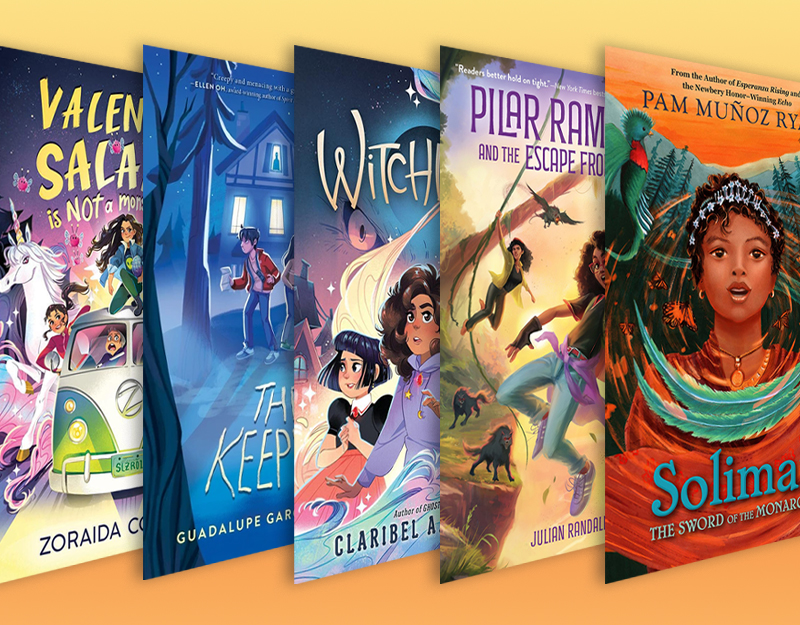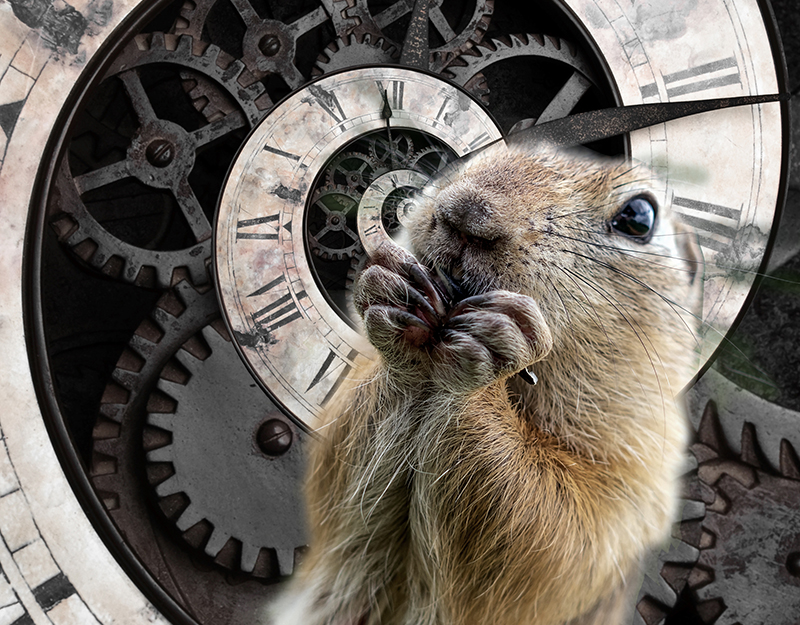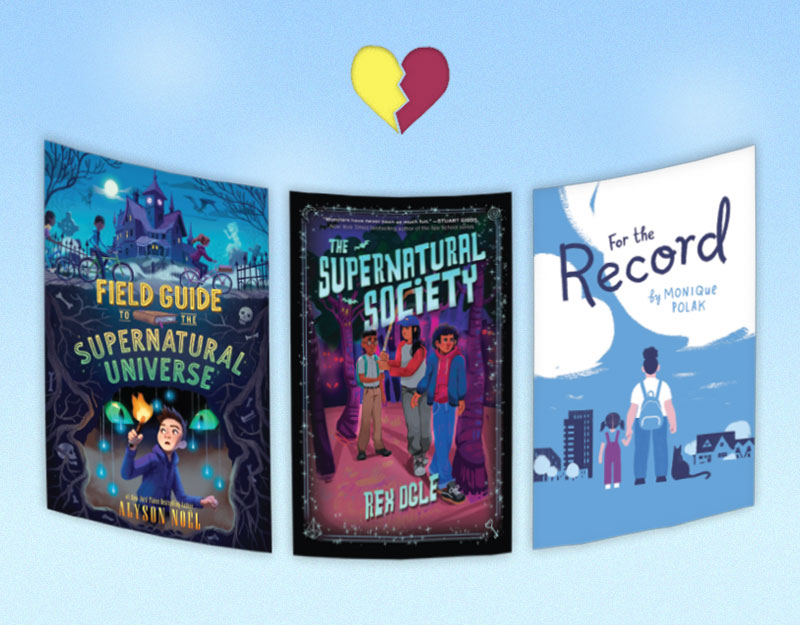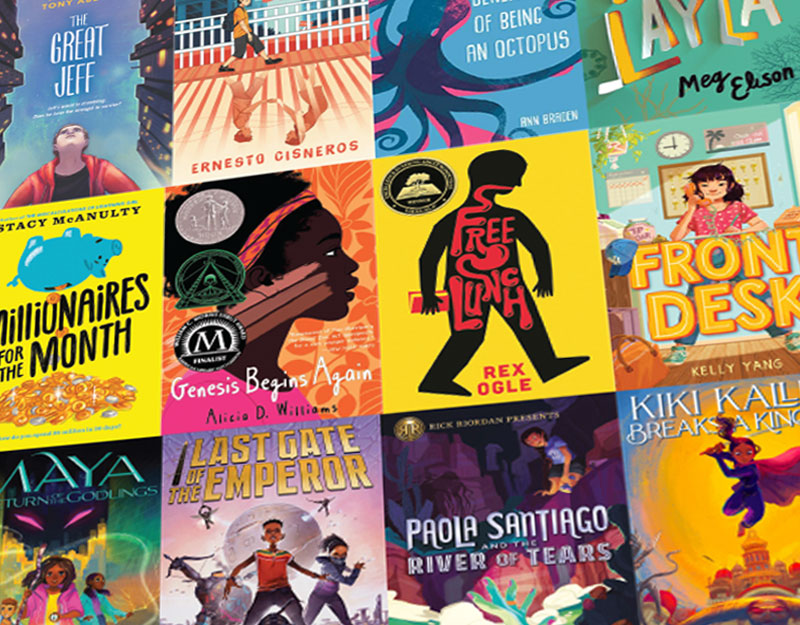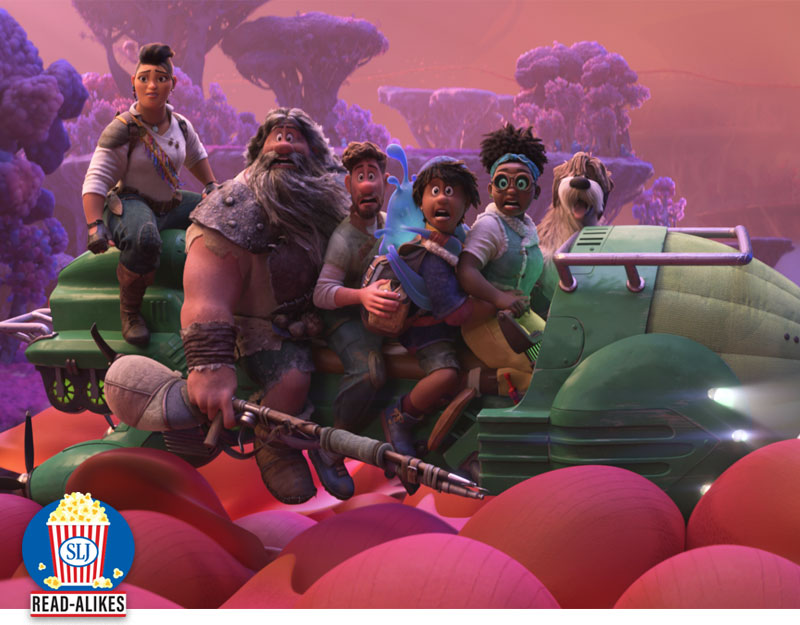Sunday Reflections: Imagining Others Complexly (by Robin)
In terms of the healthcare ‘debate’, I have a difficult time understanding how people can NOT see how this will benefit everyone. Yes, it might make your insurance costs or your taxes go up (slightly). But, in the long run, it will decrease the amount we pay for healthcare because we wont be subsidizing emergency care for people who are unable to pay. If everyone has access to regular preventative care, fewer people will need to access emergency care. People in general will be healthier, productivity should go up, the amount of people who rely on disability will go down. It’s a win-win.
I feel the same way about education spending, and not just because I work in public education. I look at my own state with it’s recent cuts to education funding, especially to our once flagship More at 4 program and wonder, “Do people not see how a (relatively) small investment now will save us SO MUCH in the future?” Forget the fact that it’s the right thing to do. The simple fact that it is so much more of a drain to our economy to have an undereducated populace, in terms of financial support, lack of productivity, and expenditures on incarceration, should be enough to convince people of the importance of fully funding public education.
And then a couple of things happened. First, there was this simple exchange I had with someone I follow on Twitter:
ADVERTISEMENT
ADVERTISEMENT
Once I got over my initial bout of flabbergasted rage over people’s inability to understand the complexities of living in poverty, I began to really think about the problem. What is really at the root of this lack of understanding? In simple terms, it’s generally attributable to a lack of ability to imagine others complexly (a concept I first encountered through one of John Green’s Vlogbrothers videos.) It’s a failing I encounter daily, even within myself, and I make a concerted effort to do it.
Second, there was the widely reported study on the impact of reading (literary) fiction on our capacity for empathy. If you’ve missed it, I would start here with NPR’s coverage. But, you can also find information about it here, or here, or here. Choose your poison.
And what I realized was, “This is how I can make a change.” Because that’s what it really boils down to for me. When I get really discouraged about the state of our world what I really need is a way to make a change. Every time we make an impact, no matter how small, is a force for good in our world. That’s what I have to hold on to on a daily basis.
If you’re looking for a place to start, I highly recommend the novels of A.S. King and Laurie Halse Anderson. I was recently able to procure an electronic advanced reader copy of Anderson’s upcoming The Impossible Knife of Memory, and I have to say it completely blew my mind. I’ve heard, over and over, about the impact of Post Traumatic Stress on military personnel and their families, but this book made it REAL for me. In our efforts to promote literacy in our youth population, we will hopefully also impact their capacity for empathy and their ability to imagine others complexly.
Filed under: A. S. King, Empathy, Healthcare, Laurie Halse Anderson, Poverty, Sunday Reflections, The Impossible Knife of Memory
About Karen Jensen, MLS
Karen Jensen has been a Teen Services Librarian for almost 30 years. She created TLT in 2011 and is the co-editor of The Whole Library Handbook: Teen Services with Heather Booth (ALA Editions, 2014).
ADVERTISEMENT
ADVERTISEMENT
SLJ Blog Network
Name That LEGO Book Cover! (#53)
Cover Reveal and Q&A: The One and Only Googoosh with Azadeh Westergaard
Exclusive: Vol. 2 of The Weirn Books Is Coming in October | News
Fighting Public School Book Bans with the Civil Rights Act
ADVERTISEMENT





